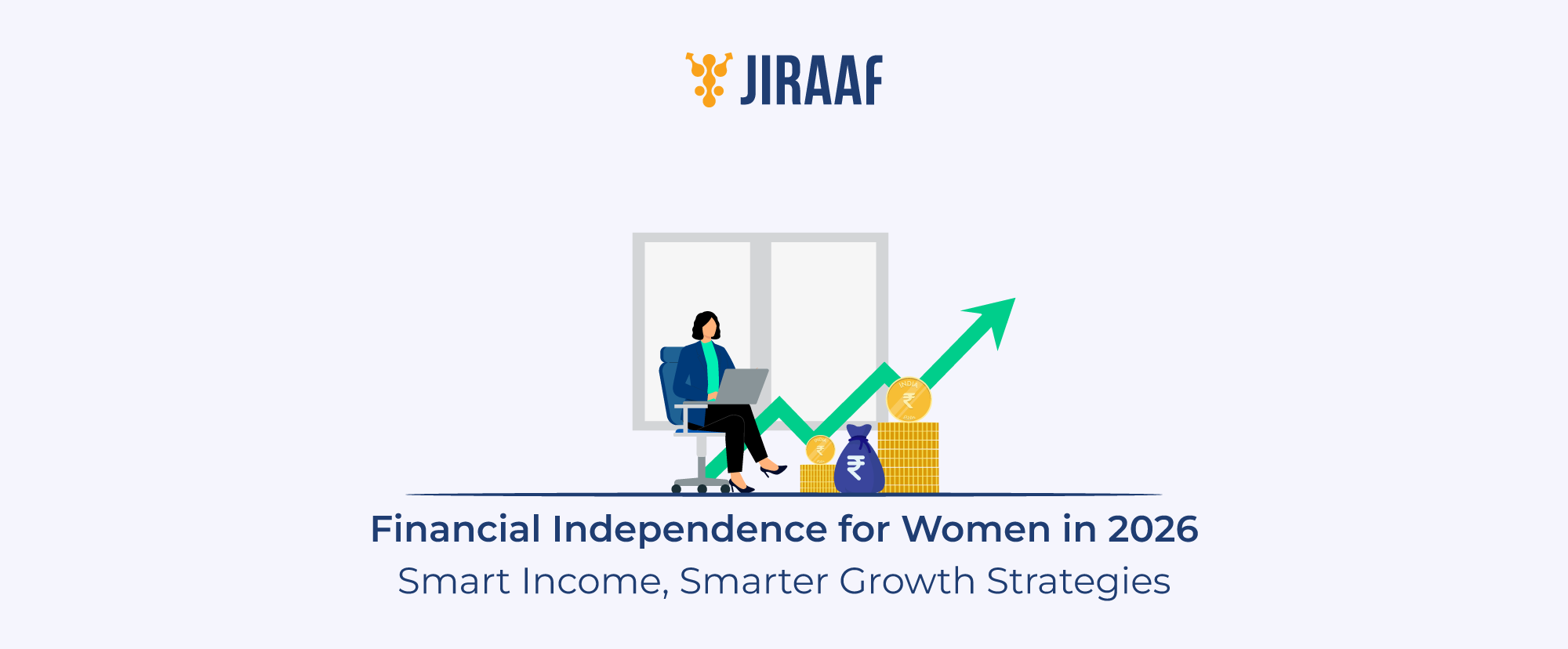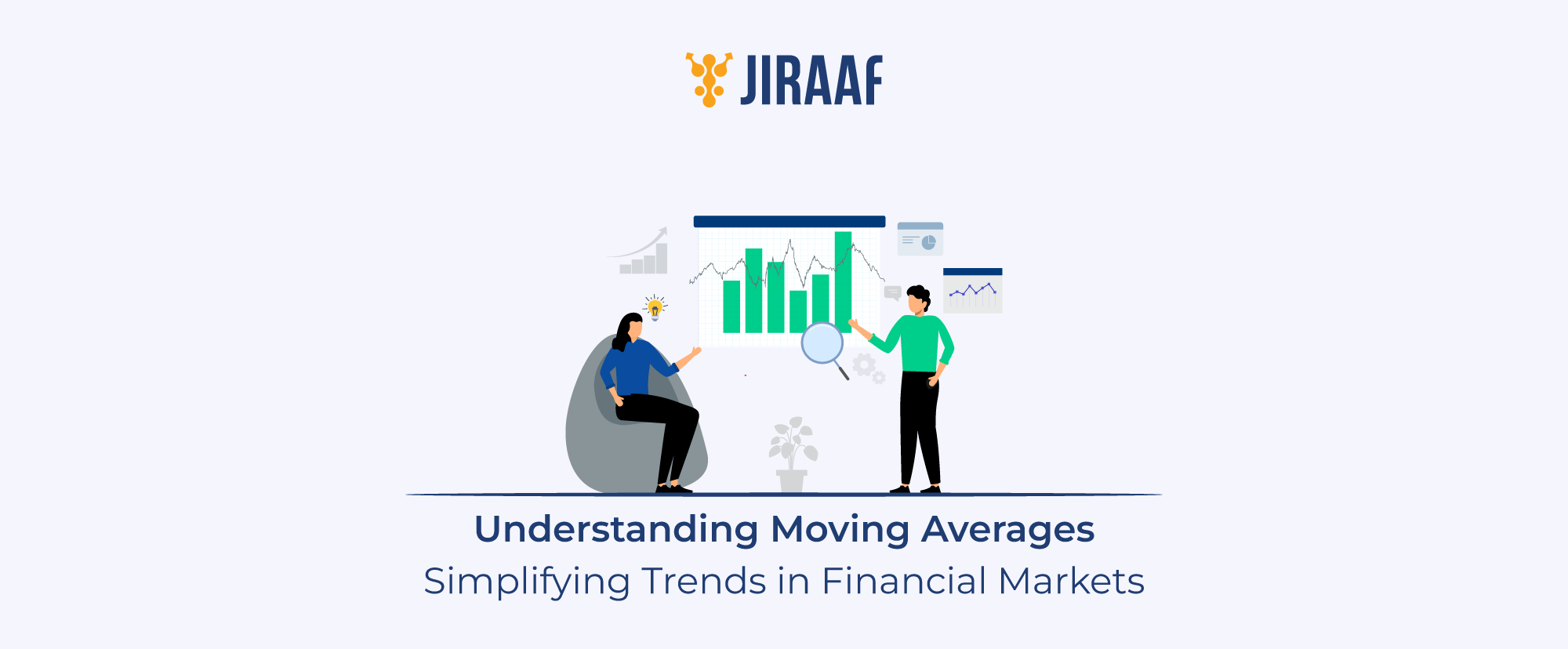A credit score is an important sign of your financial stability and reliability. It is a three-digit rating that ranges from 300 to 900 in India and indicates how successfully you manage credit. Higher ratings indicate reliability, while lower scores raise concerns for lenders. In India, the CIBIL score (issued by TransUnion CIBIL) is the most recognized credit score. However, regardless of who offers it, the meaning and consequences are essentially the same: lenders use it to determine if you are eligible for a loan, credit card, or other financial goods. Let’s break down what it is, why it matters, factors that could influence it, the ideal credit score in India, its benefits, and how you can improve it.
What Is a Credit Score and How Is It Calculated?
A credit score is a summary of your credit history based on data from credit bureaus such as CIBIL, Experian, Equifax, and CRIF High Mark in India. It considers many kinds of indicators to determine the chance that you will repay your debts appropriately.
Core factors include:
- Payment history (for example, timely payments for credit card bills and EMIs).
- Credit utilization, or how much credit you’re using compared to what’s available.
- Duration of credit history, including the age of the oldest account.
- Types of credit, such as secured (for instance, vehicle loans) and unsecured (such as credit cards).
- Recent queries, which indicate how frequently you apply for new credit.
Across bureaus, the scale might vary slightly, but in India, credit scores universally range from 300 to 900, with 300 being the lowest and 900 the highest.
What Is a CIBIL Score & Why Does It Matter?
The CIBIL score is a three-digit credit score maintained by Credit Information Bureau (India) Limited, part of the TransUnion global network. It reflects your creditworthiness based on data from your credit history over the past 36 months, including credit cards, loans, repayment behavior, outstanding balances, and credit inquiries.
Lenders use this score as a key screening tool to:
- Decide loan approvals – ranging from outright rejections to highly favorable offers.
- Determine interest rates – offering better terms to borrowers with higher scores.
- Speed up loan processing when the score indicates strong credit reliability.
CIBIL scores typically range from 300 to 900, where:
- 700–749 is considered good, and
- 750+ is viewed as excellent by most financial institutions.
Maintaining a high score enhances your chances of loan approval and better financial deals.
What Is a Good Credit Score in India?
In India, credit scores are classified as follows:
| Credit Score Range | Meaning |
| 700+ | Creditworthy; healthy credit profile, better interest rates, faster approvals. |
| 600-700 | Moderately risky; higher interest rates, slow approvals |
| 300-600 | Risky zone; loans may be refused or expensive. |
Factors That Affect Your Credit Score
Several important elements influence your credit score:
- Payment History (about 30%)
On-time payments maintain or raise your credit score, but late or defaulted payments result in dramatic declines.
- Credit Utilization (approx. 25%)
Using more than 30% of the available credit indicates risk. Try to keep balances well below your limit.
- Credit Mix and Age (about 25%)
A balanced combination of secured and unsecured credit is beneficial. Long-term accounts also establish trust.
- New credit and enquiries (about 20%)
Hard checks from new credit applications, or multiple applications in a short time, can lower your credit score.
- Depth of Credit History
Older accounts boost credibility. Closing an outdated card may shorten your record and slightly lower your score.
How to Improve or Increase Your Credit Score
Building or increasing a credit score requires continuous, wise habits.
- Always pay all EMIs, credit cards, and invoices on the day they are due. Even a single miss can cost you 50-100+ points over time.
- Lower your credit utilization (<30%). If you have a credit limit of ₹1,00,000, keep your balance under ₹30,000. Spend evenly among cards or tread cautiously while increasing limitations.
- Maintain a healthy credit mix. Choose between secured (such as car/home loans) and unsecured lines. This blend indicates maturity to scoring models.
- Space out your credit applications. Limit the number of new credit forms. A single hard inquiry decreases your score; multiple inquiries within months have a greater impact.
- Keep old accounts open. Older credit cards and accounts help you build a better credit history. Only close if the costs outweigh the benefits.
- Check your CIBIL report regularly. Review annually (free) or more frequently (paid). Errors and mistakes should be identified and challenged promptly.
- Handle joint accounts carefully. Missed payments on accounts on which you are a co-signer or joint holder continue to harm your score.
Positive effects typically occur within 4-8 months, but significant increases may take a year or more.
Benefits of Having a Good Credit Score
A great credit score provides multiple benefits:
- Easier loan approvals: lenders consider you as low risk.
- Lower interest rates: save money over the loan duration.
- Higher credit limits – lenders trust your ability to repay.
- Faster processing – less manual verification required.
- Other benefits include improved standings on credit cards, insurance, and even rentals or jobs.
Conclusion
Your credit score is more than just a number; it’s a reliable indicator of how you handle credit. Paying on time, keeping debts low, diversifying credit, and monitoring regularly will help you establish a score that will lead to cheaper rates, better terms, and more financial freedom. Check your CIBIL score (you have one free annual check), review your report, contest any errors, and commit to constant strategic behaviour. Your credit profile will improve over time, usually within a few months or years. This is how trust is established, and lifelong financial confidence begins.









